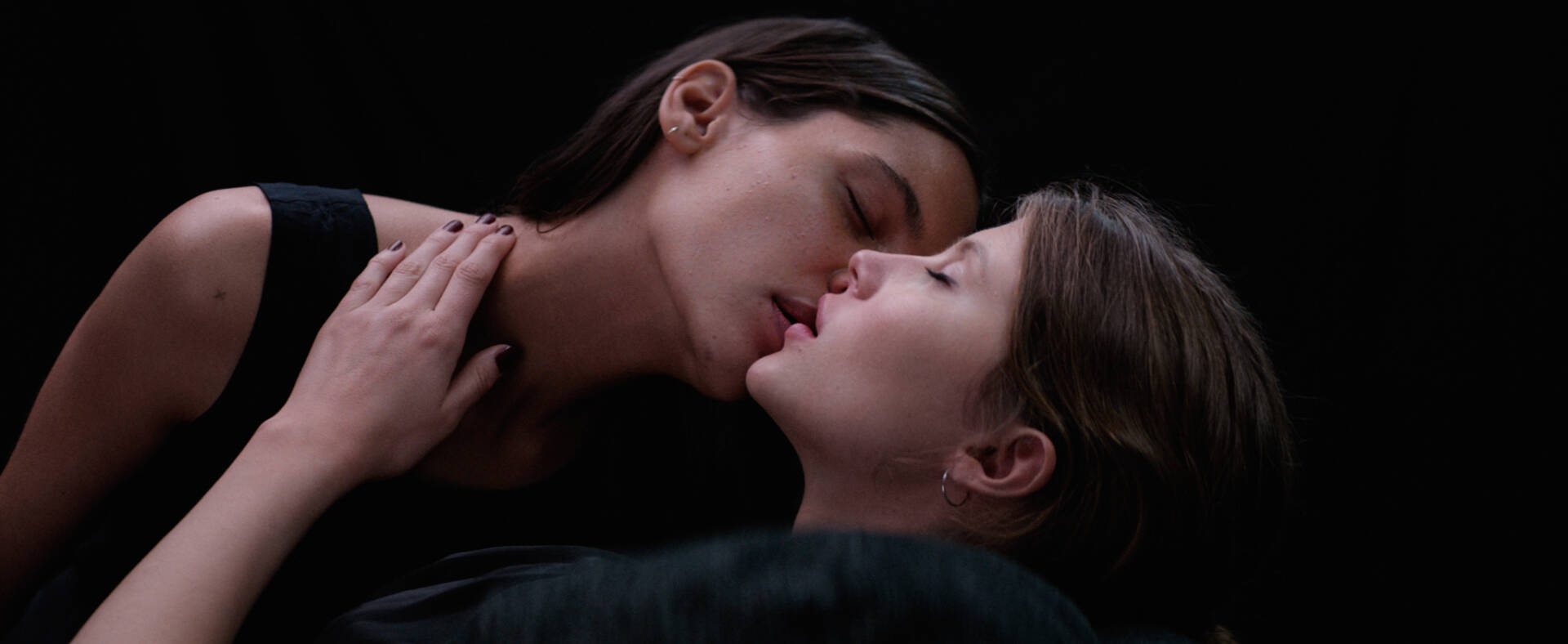Thelma, a shy young student, has just left her religious family in a small town on the west coast of Norway to study at a university in Oslo. While at the library one day, she experiences a violent, unexpected seizure. Soon after, she finds herself intensely drawn towards Anja, a beautiful young student who reciprocates Thelma’s powerful attraction. As the semester continues, Thelma becomes increasingly overwhelmed by her intense feelings for Anja – feelings she doesn’t dare acknowledge, even to herself – while at the same time experiencing even more extreme seizures. As it becomes clearer that the seizures are a symptom of inexplicable, often dangerous, supernatural abilities, Thelma is confronted with tragic secrets of her past, and the terrifying implications of her powers.
In Thelma, director Joachim Trier uses tools from horror films and thrillers to tell the story of the lonely, pining, and carnal Thelma in a film that is also a convincing depiction of the tension between oppression and being oppressed. The forces of restraint that stand against penetrating needs are awful once set free.
A camera portrays the world from the outside. Yet a film can create a universe like no other, portraying not so much the world as it is, but a way in which to perceive the world. In Thelma this is achieved by way of a sophisticated filmscape that creates some of the most memorable images of contemporary Norwegian cinema.
National Jury members: Inger Merete Hobbelstad, Kalle Løchen, Britt Sørensen
